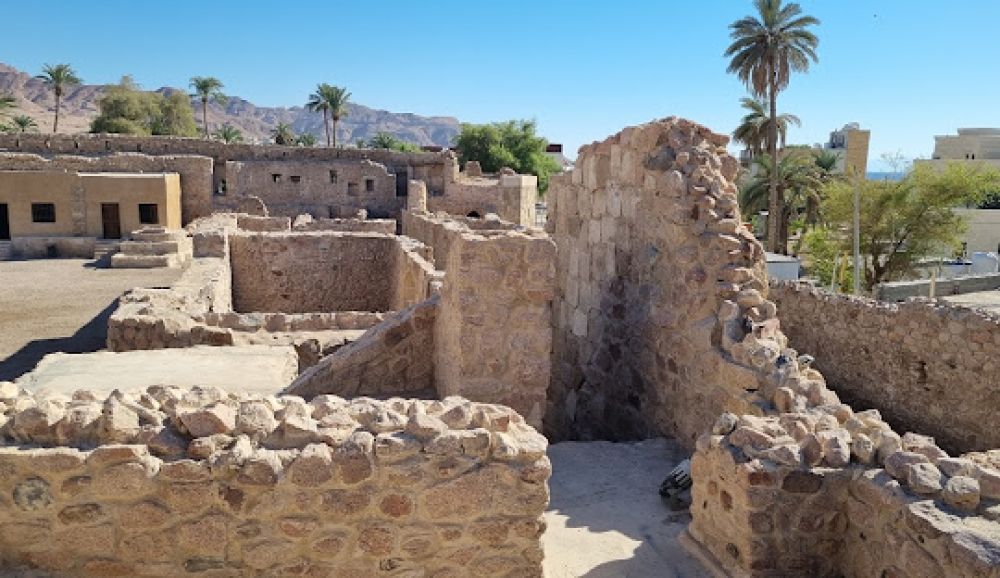

The Aqaba Archaeological Museum is a historical testament located in the coastal city of Aqaba, Jordan. Established in the former residence of Sharif Hussein Bin Ali, the great-grandfather of King Abdullah II, this museum captures the essence of Aqaba's long and complex history. The building itself is a historic artifact, as it played a pivotal role during the Arab Revolt as the seat of the government for the revolution's leader, Sharif Hussein.
Since its inception as a museum, the Aqaba Archaeological Museum has housed an extensive collection of artifacts that illustrate the rich history of the region, from the Neolithic period to the Islamic era. The museum's exhibits include items such as pottery, coins, and tools that provide visitors a glimpse into the daily lives of Aqaba's ancient inhabitants.
Tourism in Aqaba has a history that spans several decades. The city's strategic location on the Red Sea positioned it as a crossroads for both trade and cultural exchange. In the 20th century, Aqaba began to gain popularity as a tourist destination due to its warm climate, pristine beaches, and rich marine life.
The development of tourism infrastructure, such as the King Hussein International Airport in 1972, opened up Aqaba to the global tourism market. The late 20th and early 21st century saw the establishment of numerous hotels, resorts, and tourist attractions that further enticed international visitors.
Eco-tourism and sustainable travel have become increasingly important to Aqaba's tourism industry. Aqaba has worked to balance development with the preservation of its natural and historical sites. Efforts are being made to protect the coral reefs in the Red Sea and to promote environmental awareness among visitors.
Adventure tourism is on the rise, with Aqaba offering activities such as scuba diving, snorkeling, and desert safaris. The development of the Aqaba Special Economic Zone has also boosted investment in luxury travel and high-end accommodations. Additionally, with the increased use of technology in travel, Aqaba's tourism sector has seen a rise in online bookings and the use of social media to attract and engage visitors.
The Aqaba Archaeological Museum welcomes tourists who are interested in understanding the historical significance of the region. Its location in the heart of Aqaba makes it easily accessible for those staying in the city. The museum provides a profound cultural experience for history buffs, archaeology enthusiasts, and those curious about the past civilizations that once thrived here.
When planning a visit, tourists should check for current opening hours and any special events or exhibitions that might be taking place. As a historical landmark, the museum is not only a window into Aqaba's past but also a symbol of the region's commitment to preserving and showcasing its heritage.